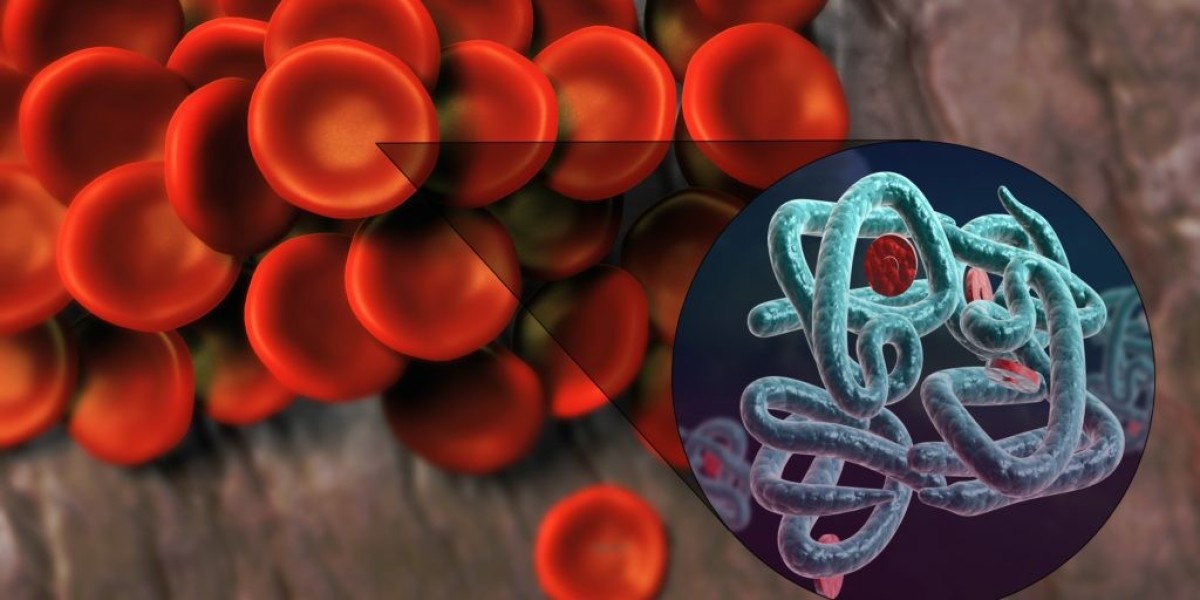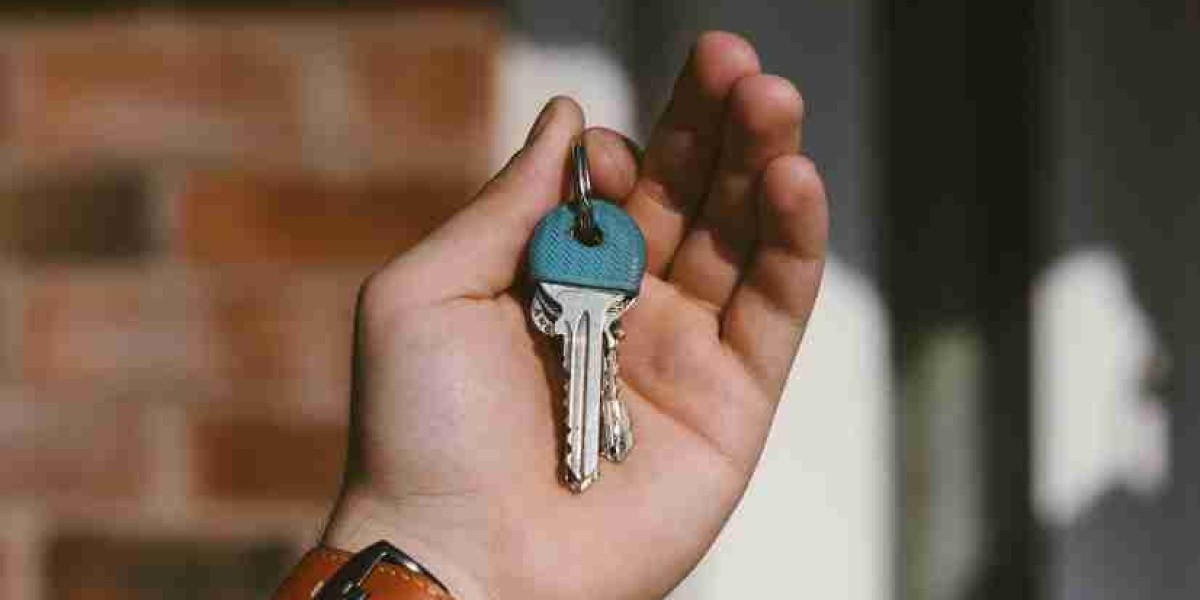Navigating the complexities of a romantic relationship can be both rewarding and challenging. While disagreements and conflicts are a natural part of any partnership, there are times when seeking professional help can provide invaluable support and guidance.
Here are some signs that you and your partner may need therapy from couple therapist:
Communication breakdown: If communication between you and your partner has become strained or ineffective, it may be a sign that underlying issues need to be addressed. Difficulty expressing feelings, frequent misunderstandings, or avoidance of important topics can hinder the ability to resolve conflicts and connect emotionally.
Recurring Arguments: Every couple experiences disagreements, but if certain issues seem to resurface repeatedly without resolution, it could indicate deeper underlying issues. Constant arguing, bickering, or escalating conflicts may signal the need for professional intervention to explore underlying dynamics and find constructive ways to address conflicts.
Loss of Intimacy or Connection: A lack of emotional or physical intimacy in the relationship can be distressing and may indicate underlying issues that need to be addressed. If you and your partner feel disconnected, distant, or emotionally withdrawn, couple therapy can help you rebuild intimacy, trust, and connection.
Trust Issues: Trust is the foundation of any healthy relationship, and breaches of trust can have lasting effects on the relationship's dynamics. If trust issues, such as infidelity, dishonesty, or betrayal, are present in your relationship, couple therapy can provide a safe space to address these issues, rebuild trust, and strengthen the foundation of the relationship.
Life Transitions or Stressors: Significant life transitions or stressors, such as job changes, relocation, financial difficulties, or family conflicts, can strain a relationship. Couple therapist can help you and your partner navigate these challenges together, develop coping strategies, and support each other through times of transition and adversity.
Parenting Conflicts: Parenting can be a source of tension and disagreement for many couples, especially if you have different parenting styles or values. If parenting conflicts are causing strain in your relationship or affecting your ability to co-parent effectively, couple therapy can provide guidance on navigating parenting challenges and fostering cooperation.
Unresolved Past Issues: Past unresolved issues or traumas can continue to impact the dynamics of a relationship if left unaddressed. If you or your partner carry emotional baggage from previous experiences, couple therapy can provide a supportive environment to process these issues, heal emotional wounds, and move forward together.
Loss of Connection to Shared Goals: Over time, couples may find themselves drifting apart or losing sight of shared goals and aspirations. If you and your partner feel disconnected from each other's dreams, values, or priorities, couple therapy can help you realign your goals, strengthen your bond, and rediscover shared meaning and purpose in the relationship.
Considering Separation or Divorce: If you and your partner are contemplating separation or divorce, couple therapist can offer a last resort to explore the possibility of reconciliation, address underlying issues, and make informed decisions about the future of the relationship. Even if reconciliation is not possible, couple therapy can facilitate a healthier transition and co-parenting relationship.
Feeling Stuck or Hopeless: Feeling stuck in repetitive patterns, resentments, or conflicts can leave couples feeling hopeless about the future of their relationship. Couple therapy provides an opportunity to break free from these patterns, gain new perspectives, and explore alternative ways of relating to each other.
In conclusion, recognizing the signs that you and your partner may need couple therapy is the first step toward seeking support and strengthening your relationship. Whether facing communication challenges, trust issues, or major life transitions, couple therapy offers a safe and supportive space to explore issues, learn new skills, and rebuild a fulfilling and resilient partnership.








